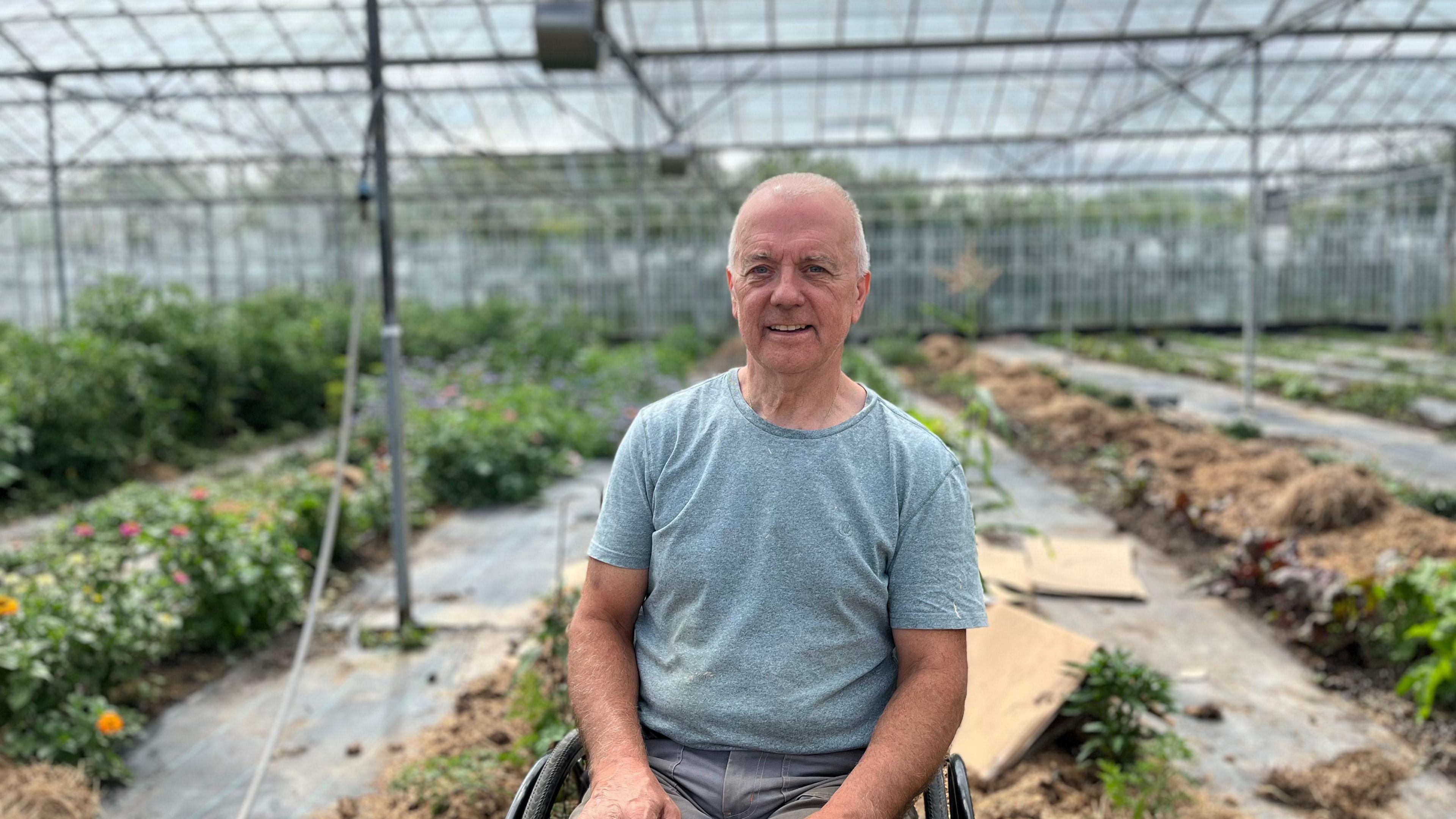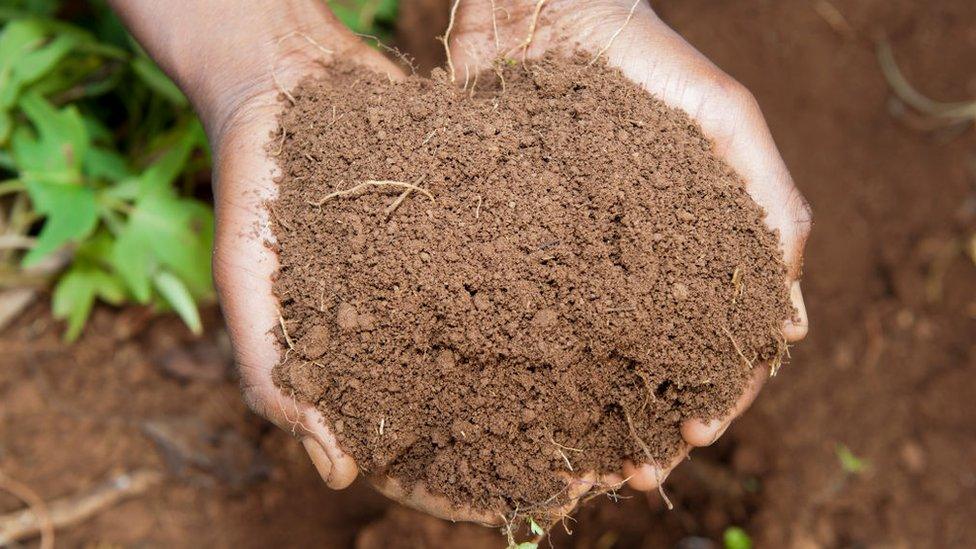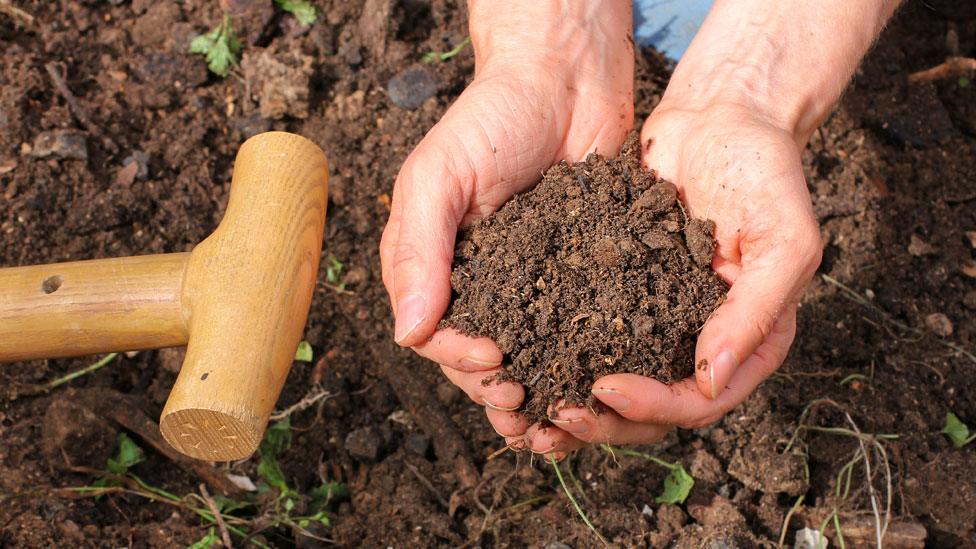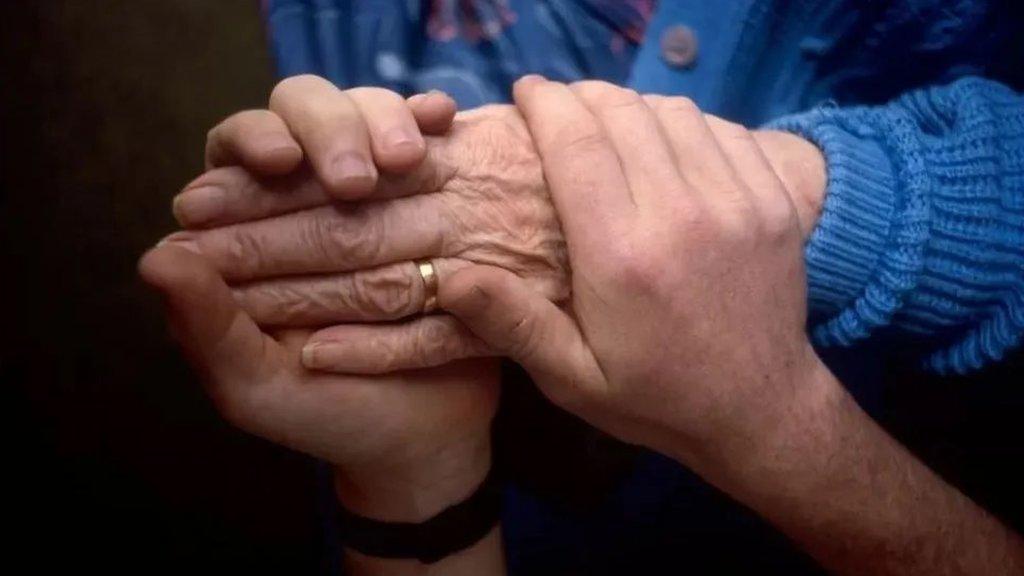Celebrant wants human composting on island

Aindre Reece-Sheerin said there are ways to treat ashes so they are non-toxic to plants
- Published
A local celebrant is looking for at least five acres of land for a human composting project.
Aindre Reece-Sheerin, an accredited funeral celebrant, wants to give locals the opportunity to honour their loved ones in a non-religious way.
He said: "If a person's not a person of faith, nine times out of ten they're having to go on hallowed ground."
Mr Reece-Sheering said he was "absolutely stunned" by the positive response on social media to the idea, with support from members of the public as well as "lots of deputies and the previous first minister".
Human composting is the process of microbes converting human remains into compost, it is also known as natural organic reduction.
It differs from natural or woodland burials, which happen on non-consecrated grounds or in woodland.
Human composting is currently illegal in Guernsey and in the UK, but is legal in some US States.
'New life'
Mr Reece-Sheerin said: "The composting of a beloved pet or a loved one, is how you create new life from death.
"Where as, you stick somebody in a hole in the ground or you burn the remains, that is it. It's over. It's final."
However, there are some hurdles to overcome before the technique becomes widespread on the island.
Funeral director Gary Vaudin said human composting would be feasible in Guernsey "subject to legalisation by the States".
However, he said it could be impacted by the availability of land as well as the "views of religious bodies" and the public.
Mr Vaudin said there was likely to be "resistance" because people are "superstitious about walking on human remains," so this would need a programme to "educate the public".
It would also "need a complete revamp of death related legislation" in the bailiwick, he added.
Follow BBC Guernsey on X (formerly Twitter), external and Facebook, external. Send your story ideas to channel.islands@bbc.co.uk, external.
Related topics
- Published21 May 2019

- Published30 January 2019

- Published5 March 2024
